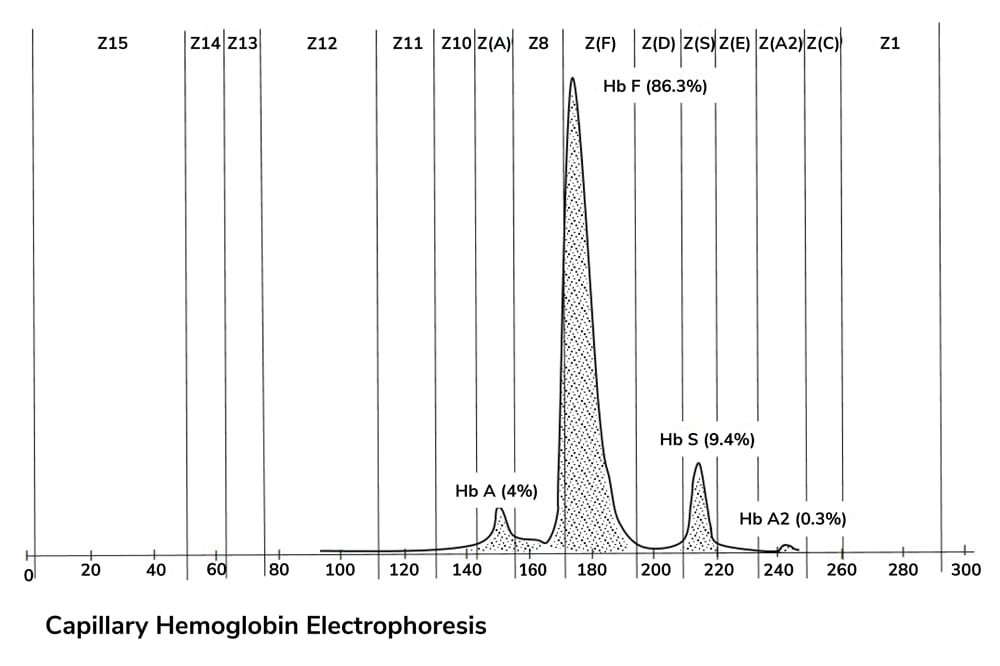Cardiac biomarkers make up a diverse range of markers used in the diagnosis and risk assessment of patients with suspected acute coronary syndromes, including myocardial infarction (MI). According to the World Health Organization, in settings without resource constraints, observing pathological changes in cardiac serum biomarkers is an essential diagnostic criteria in cases of MI (1). Cardiac troponins are currently a widely used marker of choice, due to their high sensitivity in indicating damage to the myocardium.However, new and potential biomarkers are constantly being investigated, in the quest to accurately diagnose heart problems and identify those at risk – B-type natriuretic peptide and C-reactive protein are two examples of markers currently under investigation for future use in assessing cardiac pathologies.To provide insight into the past and predictions for the future of the field, a series of metrics were applied to the last five years of the published literature.
PubMed was searched for “myocardial infarction” and “biomarkers” with results limited to the last five years. The data were analyzed in Microsoft Excel 2013.






